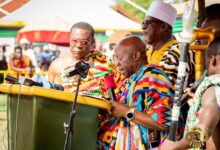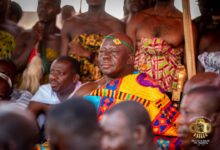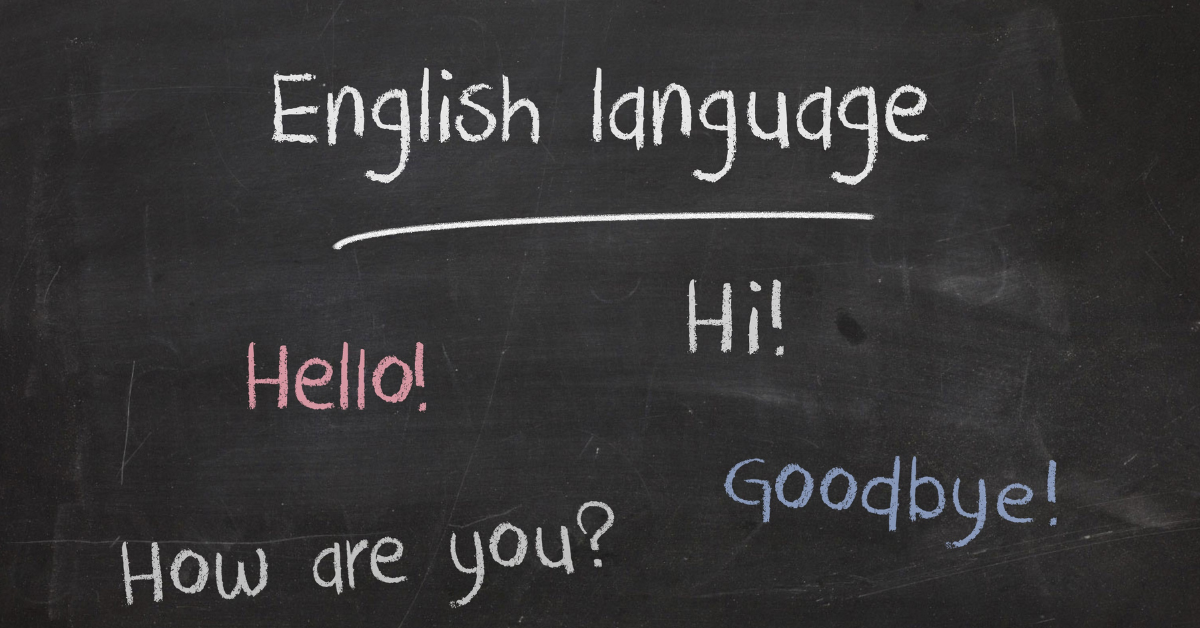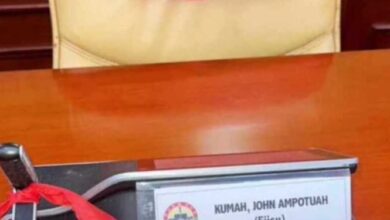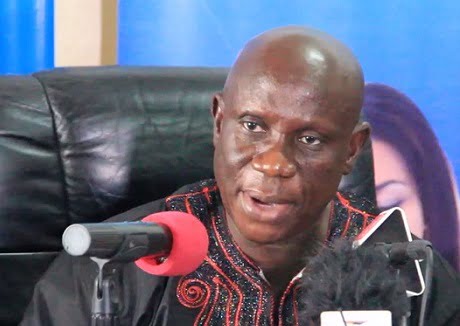Don’t force LGBTQ on us, says Presby Pastor

Rev. Benson Osafo Kantanka, the Asante Presbytery Chairperson of the Presbyterian Church of Ghana, has called on proponents of the LGBTQ+ movement to pull the brakes to their agenda.
He believes that the act is new to Ghanaian culture and is an outright importation that is being forcefully promoted, which makes it problematic and deserving of condemnation.
During an interview with Opemsuo News, the pastor expressed concerns about the lack of education on the LGBTQI+ movement in Ghana.
He believes that the Ghanaian do not have a clear understanding of the act, and the letters that form the name of the movement should be clearly explained to the general public rather than being forced on them.
He questioned the meaning of the letters, saying, “There is not enough education about it, what does the L stand for, what the G mean and what does the B mean …we do not even know.”
Rev. Osafo Kantanka thinks that Ghanaian society is not yet ready to accept the LGBTQI+ movement, and those behind the agenda must respect the will of the people.
He stated, “At this point, we are not ready and will not accept the practice. I know that culture is dynamic, but at this moment, we cannot accept it.”
The pastor also expressed concerns about the excessive politicisation of national issues, which he believes is making the sense and importance of the issue disappear. He wants national issues to be discussed and seen for what they are, devoid of political colouration.
Proposed under a Private Members’ Bill, the anti-gay bill seeks to criminalise LGBTQ+ sexual relationships and associations.
The bill, if passed, would also criminalize a broad range of perceived non-heterosexual conduct, vestimentary habits, and any advocacy for or support of LGBTQ+ rights or persons.
Under the proposed legislation, LGBTQ+ individuals would face penalties for engaging in same-sex relationships or any form of LGBTQ+ association.
The bill has been met with strong opposition from LGBTQ+ advocates, human rights groups, and civil society organizations. They argue that the legislation violates the rights of LGBTQ+ individuals and represents a significant setback for human rights in the country.


